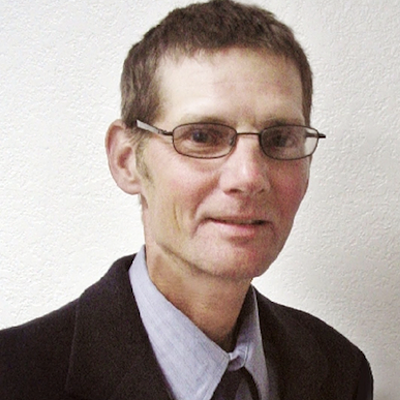Both he--and they--act like it was a new idea. Hardly.
The concept has been kicking around for more than 30 years, growing out of the inability of Tucson officials to annex large numbers of folks who weren't interested in trading freedom from the boneheads at City Hall for free garbage and fire service.
The proposal as usually--and simplistically--made is that combining the governments of Pima County and the city of Tucson would be cheaper and more effective by eliminating duplication and having only one central planning authority for things like roads.
Proponents like Walkup and the pseudo-wonks at the two dailies neglect one huge fact in reviving the quest for combining the "two" governments: There are now six of them.
There always were three, but the long-established, square-mile town of South Tucson was ignored, as Marana, Oro Valley and Sahuarita are now. The last three contain enough already rezoned land to ultimately outgrow Tucson. For metro government to be implemented, they must hand in their town charters, which they obviously aren't about to do. That effectively ends the discussion.
But no one should believe they're missing an opportunity for better government. The myths associated with metro government need debunking, even if the idea is DOA.
There is far less duplication--or sextupflication--than appears. Tucson picks up garbage, has a fire department, delivers water and runs libraries. Pima County runs the health department, sewers and the jail, assesses property, records deeds and keeps the voter rolls. Everybody pays Pima County property taxes, including those for libraries and fire districts. Some city residents claim that this is double taxation, but they get representation for taxes paid when they vote for county officials.
Non-city residents get no voice in who spends the massive sales taxes they pay to the city of Tucson (or Oro Valley and Marana) when they buy new cars and other big ticket items, nor do they have a voice in issues such as water policy. But there's a more fundamental issue.
Counties came first. When residents of a portion a county join together to increase services and limit others from participating in their decisions, they form towns and cities. Part of that choice obligates them to pay more taxes. Cities have been trying to weasel out of that last part since before statehood.
The notion that metro government would "save money" is based on the superficial observation that certain big functions such as cops, parks and roads are handled by both jurisdictions. Proponents fail to mention that the workload won't change if you combine them. You'll need the same number of cops, groundskeepers, park guards and road graders. Sure, you could you find a few redundant and unessential employees and equipment, but you can do that now.
In reality, combining two departments into one larger one would raise the salary of the director of the new, larger department, along with the rest of the now-larger administrative staff. It won't save anything, it'll cost more.
Proponents also argue that if those in unincorporated areas were part of a metguv, that would draw more money from the state--which is one more reason why the Legislature won't grant permission for it to happen.
One argument for metro government with some functional validity is that centralized control over items like road construction would lead to more coherent and quicker decisions. Not better, just quicker. Transportation planners all come from the same gene pool. And central planning is hardly an automatic virtue.
Central planning for land use has been a boon, not for those wishing regulation of it, but to the big developers and land speculators who invented it. Karl Marx, your ass. Imagine the same system, with a more powerful local bureaucracy working with--and for--the ruling class.
The only local pol who supports a form of metro government tempered by realism is former Mayor Tom Volgy, who concedes metro will not save any money. Volgy, who wants to be mayor again, outlines a process where the city of Tucson first disincorporates, leaving only county government. That would occur in an election (and with state legislative permission) in which Pima County would acquire powers the city now possesses. The other four jurisdictions would remain and be asked to join at a later date after the new government proved itself.
Volgy concedes this process is difficult, but he believes in it because he's a liberal and thinks we're better off with more and efficient government planning stuff for us.
Others disagree. As the late Murray Rothbard once said, "Thank God we don't get all the government we pay for."











